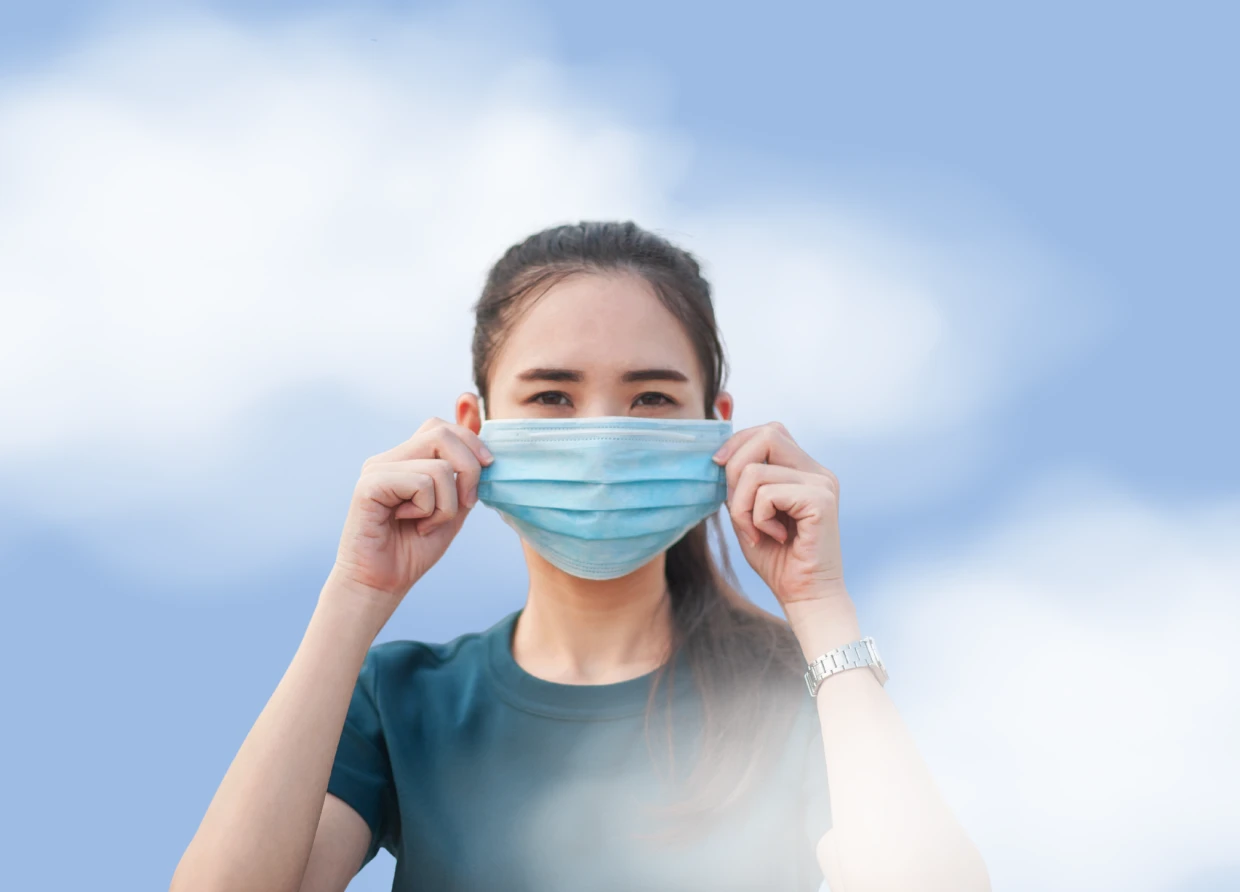ADDRESSING AIR POLLUTION IN JAKARTA: GOOD PRACTICE CLINIC TAKES CENTER STAGE
Empowering Jakarta Residents to Breathe Easy: GOOD PRACTICE Clinic's Comprehensive Strategies Against Air Pollution

Air pollution, a growing concern in Jakarta, has become the focal point of discussions and awareness campaigns led by GOOD PRACTICE clinic. With multiple presentations in the community, the clinic aims to educate residents about the detrimental effects of air pollution and, more importantly, how to protect themselves from its harmful consequences.
Understanding the Problem:
In Jakarta, a rapidly urbanizing city, air pollution is a significant issue, particularly in middle-income countries. The expansion of industries and urbanization has led to increased levels of pollutants, affecting both outdoor and indoor air quality. Children, in particular, are more vulnerable to the adverse effects of air pollution, with potential impacts on fetal development during pregnancy.
Identifying Pollutants:
The pollutants contributing to Jakarta's air quality woes include ozone (O3), nitrogen oxide (NOx), particulate matter (PM) 2.5 and PM 10, and sulphur dioxide (SO2). These pollutants, whether natural or man-made, pose serious health risks to the population.
Air Quality Index (AQI):
To gauge the severity of air pollution, the Air Quality Index (AQI) was developed, linking pollution levels to human health effects. Residents can monitor AQI levels on platforms such as iqair.com or Nafas, providing crucial information about the concentration of major pollutants.
Short-Term and Long-Term Effects:
Exposure to air pollution can result in various short-term and long-term health issues. Short-term effects include headaches, respiratory irritation, and allergic reactions, while long-term exposure can lead to chronic conditions such as asthma, diabetes, and cardiovascular diseases.
Protecting Yourself:
Reducing exposure to air pollution involves practical steps. Residents are advised to consider relocating to less polluted areas, limit outdoor activities during peak pollution periods, and use KN95 masks to filter fine particles like PM2.5.
Precautions for Vulnerable Groups:
Individuals with pre-existing conditions, such as asthma, heart problems, hypertension, or diabetes, are urged to take additional precautions. This includes carrying a rescue inhaler, using KN95 masks, and maintaining a clean indoor environment to reduce allergens.
GOOD PRACTICE Clinic's Initiative:
Since August 2023, GOOD PRACTICE clinic has been actively engaged in raising awareness about air pollution in the community. Invited by schools, embassies, permanent missions, and the World Bank, the clinic's presentations have shed light on the importance of understanding and combating air pollution for the well-being of Jakarta's residents.
Maximizing Protection:
To maximize protection against air pollution, the clinic suggests completing vaccinations, regular medical check-ups, maintaining a healthy diet, and quitting smoking. These measures aim to bolster the natural defense system against the adverse effects of air pollution.
As Jakarta grapples with the challenges of air pollution, GOOD PRACTICE clinic's ongoing efforts provide a ray of hope, fostering a community equipped with knowledge and tools to combat this pressing issue.
#THE S MEDIA #Media Milenial #Air pollution #Jakarta air quality #GOOD PRACTICE clinic #pollution awareness #environmental health #urbanization impact #air pollutants #AQI monitoring #respiratory health #KN95 masks #preventive measures #chronic diseases #community engagement #health education #Jakarta residents #pollution effects #sustainable living #indoor air quality #pollution mitigation #public health initiatives #holistic well-being #pollution prevention #respiratory illnesses #environmental sustainability #Jakarta community outreach


























